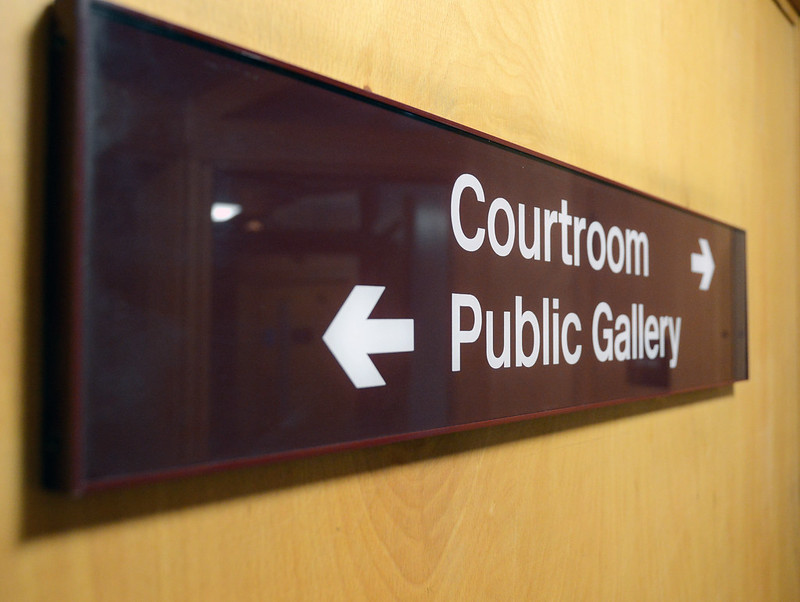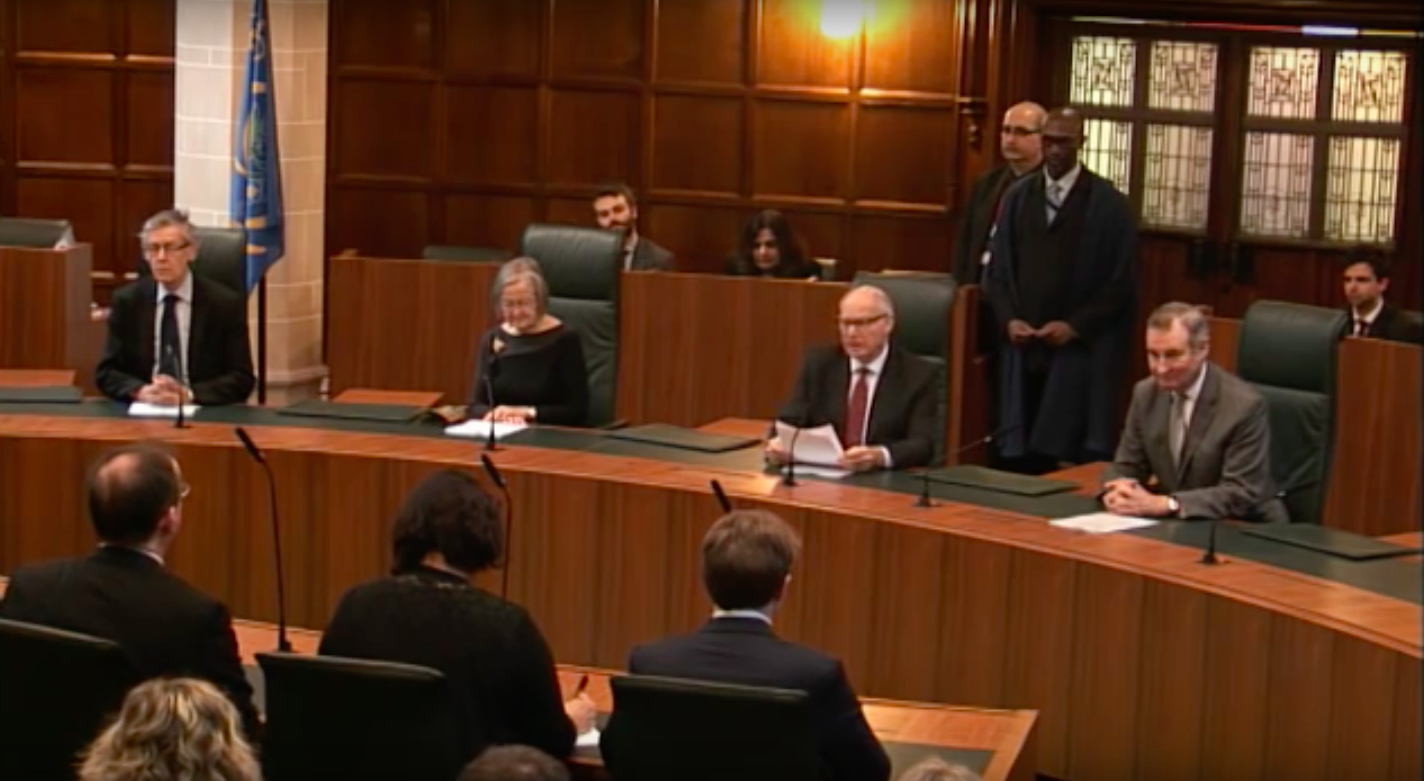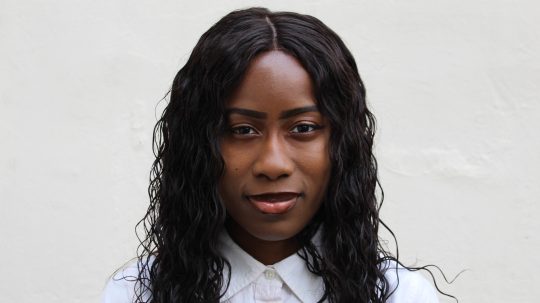‘Joint enterprise’ is a common law doctrine according to which an individual can be jointly convicted of the crime of another. It is a feature of law that has been misinterpreted for over 30 years. Now, the Crown Prosecution Service (CPS) and the Ministry of Justice (MOJ) may face legal action for breaching their duties under the Equality Act 2010 by failing to record data on joint enterprise prosecutions.
Under the
common law doctrine of joint enterprise, an individual can be jointly convicted of the crime of another if the court decides they ‘foresaw that the other party was likely to commit that crime’. This means that individuals can be prosecuted for a crime as if they were a ‘main offender’, even if they were not present at the time. The doctrine has been invoked in high-profile cases, including the racist killing of Stephen Lawrence.
Thousands of people have been prosecuted
Thousands of people are estimated to have been prosecuted under the joint enterprise doctrine. Its critics argue that, often, people are convicted under joint enterprise based on prejudicial evidence, information that could be inaccurate, or racial stereotypes.
In 2016, the Supreme Court
ruled that joint enterprise had been misinterpreted in UK courts for over 30 years. Now, it is understood that a person will only be guilty of a joint enterprise offence if they intended to encourage or assist the person who committed the offence to do it. However, since 2016, the way that the law has been used continues to prove controversial.
‘Prison sentences for text messages’
Recently, ten boys from Manchester were
convicted by association and are now serving sentences for conspiracy to murder and conspiracy to cause grievous bodily harm (GBH) after they were tried at Manchester’s new
Super Court, where they were referred to as a gang.
Roxy Legane, Director of Kids of Colour, stated: “There will be many who dispute being in a gang. Many are being tried only on texts, not actual violence. When we challenge this stuff, we are not saying violence hasn’t occurred, but that the way black boys are collectively punished and called a gang is unjust and problematic.”
A youth worker who watched the trial from the public gallery questioned whether the boys would have access to a fair trial while being trialled collectively: “It struck me that, in the courtroom, the prosecution was able to present 10 individual black boys as one single entity. There was no opportunity for their humanity to shine through and no acknowledgement of the trauma that many of them have lived through.”
The youth worker continued, stating that the boys did not have a chance to dispute the ‘
gang narrative‘: “I question if it was ever possible for these boys to have a fair trial under conspiracy charges. I don’t believe they have had one – portrayed as a gang for listening to drill music and having nicknames is ridiculous. Put black boys together on a stand and call them a gang – they don’t have a chance at disputing that narrative.”
Joint Enterprise Not Guilty by Association (JENGbA) also witnessed the trial from the public gallery. They stated that they found ‘many disturbing issues’ with the case: “We lost track of the amount of times these young people called themselves a music group and not a gang. Yet the accusation of them being a gang was repeated over and over again. These young people appear to have been on trial for their taste in music. For the words used in the lyrics, emotional outbursts on Snapchat when they were clearly grieving the death of a friend.”
Data is not held on joint enterprise prosecutions
Neither the Crown Prosecution Service nor the Ministry of Justice records or monitors data about joint enterprise prosecutions, meaning there is no official record of the ethnicity or age of those prosecuted under joint enterprise, or the outcomes of those prosecutions.
Liberty is taking
legal action against the Crown Prosecution Service (CPS) and the Ministry of Justice (MOJ) on behalf of JENGbA for the CPS’s and MOJ’s failure to record data on joint enterprise prosecutions. A spokesperson for Liberty stated: “This failure breaches their duties under the Equality Act 2010 to have due regard to eliminating racial discrimination. We are calling for the CPS and MoJ to record data on:
- The number of joint enterprise prosecutions brought for offences involving violence by area
- The ethnicity and age of those prosecuted
- Whether any ‘gang’ evidence was relied on by the Crown in those cases
- And the outcomes of those prosecutions.”
EachOther has contacted the CPS and MoJ for comment.





